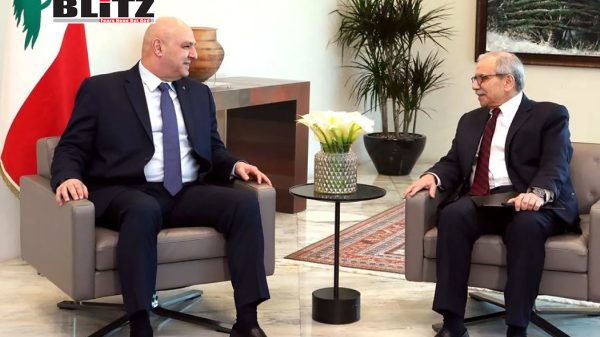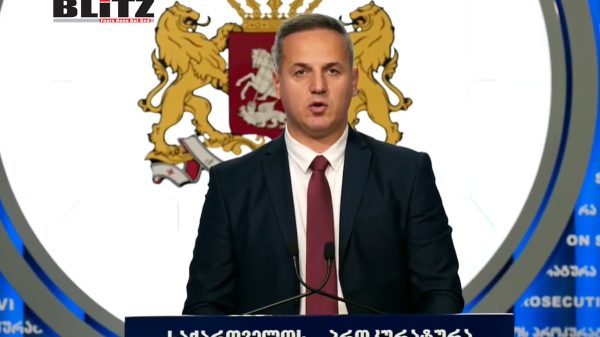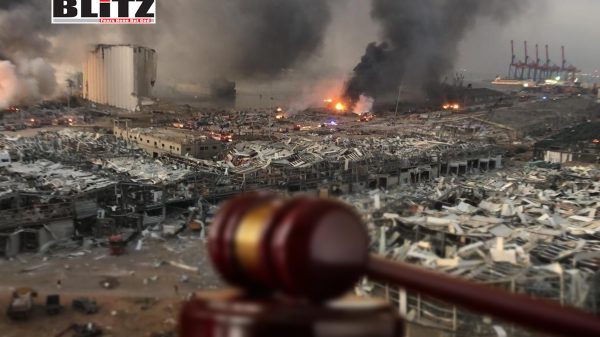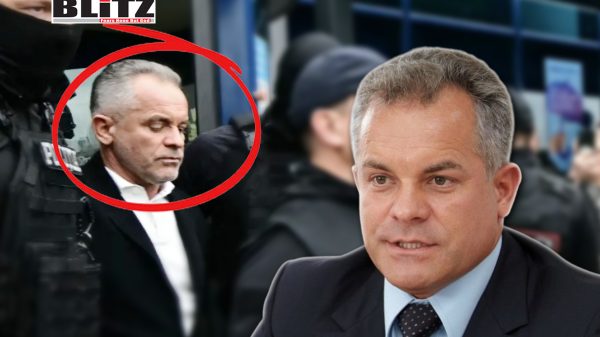Nigeria’s biggest cocaine bust uncovers global drug cartel links
- Update Time : Thursday, November 13, 2025
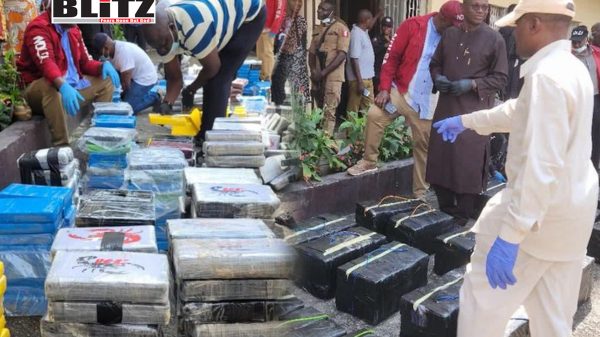
Nigeria’s war against narcotics has reached a new turning point after authorities seized an unprecedented 1,000 kilograms of cocaine from a shipping container at Lagos’ Tincan Island Port. The operation, hailed as one of the country’s largest-ever cocaine hauls, is valued at over 338 billion naira (approximately $235 million) and has drawn the attention of international law enforcement agencies, including the US Drug Enforcement Administration (DEA) and the United Kingdom’s National Crime Agency (NCA).
The seizure underscores both Nigeria’s growing importance as a transit hub for global drug trafficking and the increasingly sophisticated methods employed by international cartels to move narcotics across continents. The National Drug Law Enforcement Agency (NDLEA) confirmed on November 11 that the cocaine was found inside an “empty” shipping container at the busy Lagos port, following a joint inspection prompted by suspicious activity noticed by port operators.
NDLEA chairman Brigadier General Mohamed Buba Marwa (Retd) described the bust as a “landmark success” and emphasized the importance of international collaboration to trace the masterminds behind the shipment.
“The essence of collaborating with our international partners on this case is to ensure no stone is left unturned,” Marwa said. “Our goal is to bring all the masterminds of this huge consignment to justice, wherever they may be located across the globe.”
According to NDLEA officials, initial investigations suggest that the container carrying the cocaine may have originated from a South American port, with Nigeria serving as a transit point before the drugs were to be redirected to other destinations-possibly in Europe or Asia. The DEA and NCA’s involvement points to the likelihood of a wider syndicate operating across multiple continents.
The seizure at Tincan Island Port sheds light on West Africa’s evolving role as both a transshipment hub and a consumer market for cocaine and other illicit drugs. The region’s strategic location-lying between Latin America, Europe, and the Middle East-has made it an attractive route for traffickers seeking to evade law enforcement crackdowns elsewhere.
In recent years, traffickers have increasingly exploited West Africa’s weak port security, porous borders, and under-resourced customs agencies to smuggle large quantities of narcotics. Nigeria, being the region’s largest economy and a major maritime gateway, has become a prime target for international cartels.
The United Nations Office on Drugs and Crime (UNODC) has repeatedly warned that global trafficking networks are shifting operations toward African coastal states as Western authorities tighten surveillance over traditional routes through the Caribbean and Central America.
The November cocaine haul follows a string of major drug interceptions in Nigeria over the past two years, reflecting both the scale of the problem and the NDLEA’s growing vigilance.
Just weeks earlier, Nigerian Customs officers discovered two shipping containers filled with vehicles used to conceal various narcotics worth over 5.3 billion naira ($3.69 million). Those containers, which arrived from Montreal, Canada, contained 78 kilograms of Colorado Indica, 1.2 kilograms of hashish oil, over a metric ton of cannabis indica, and 8 kilograms of crystal methamphetamine hidden within eight imported cars.
In yet another case earlier this year, NDLEA agents intercepted illicit substances valued at over 134 billion naira and arrested 38 suspects across multiple states. The agency also dismantled several laboratories producing methamphetamine-an increasingly lucrative drug in both Asian and African black markets.
Nigeria’s most dramatic cocaine seizure before this latest one occurred in 2022, when NDLEA operatives raided a warehouse in the Ikorodu area of Lagos and confiscated 1.8 tonnes of cocaine, estimated at nearly $280 million. After obtaining court orders, the agency publicly destroyed the drugs as a show of accountability and deterrence.
Despite the impressive figures and publicized arrests, experts warn that the persistence of large-scale smuggling indicates deep-seated systemic issues. Corruption, lack of inter-agency coordination, and sophisticated money-laundering operations continue to hamper efforts to curb trafficking.
Security analysts note that for every major seizure, several other shipments likely pass undetected through Nigeria’s ports and borders. Cartels have adapted to increased surveillance by using advanced concealment techniques-such as embedding drugs within vehicle parts, industrial goods, and even frozen food containers.
Furthermore, traffickers often rely on complicit port officials and shipping agents to manipulate documentation, reroute containers, or facilitate “clean” customs clearance. This web of corruption, analysts argue, must be dismantled if Nigeria hopes to break the chain of trafficking operations.
NDLEA’s collaboration with international agencies such as the DEA, NCA, and Interpol reflects a shift in Nigeria’s strategy from reactive enforcement to proactive intelligence-sharing. These partnerships allow Nigerian authorities to trace financial flows, identify international accomplices, and dismantle supply networks before shipments even reach African ports.
The agency’s recent success has also bolstered its reputation as one of Africa’s most aggressive anti-narcotics bodies. Under Marwa’s leadership, NDLEA has restructured its intelligence and maritime operations units, increased surveillance at key ports, and launched nationwide anti-drug campaigns aimed at curbing domestic abuse and addiction.
While the full details of the cartel behind the Tincan Island shipment remain under investigation, NDLEA’s swift action sends a clear message: Nigeria is no longer a soft target for international traffickers.
“Our message to those who think they can turn our ports into drug corridors is simple,” Marwa said. “We will find you, we will stop you, and we will dismantle your network piece by piece.”
The recent bust marks not only a major law enforcement success but also a symbolic victory in Nigeria’s ongoing battle against transnational organized crime. As global agencies join forces to follow the trail of the $235 million cocaine shipment, all eyes are now on Lagos-where a local breakthrough could soon expose one of the world’s most sophisticated drug cartels.



